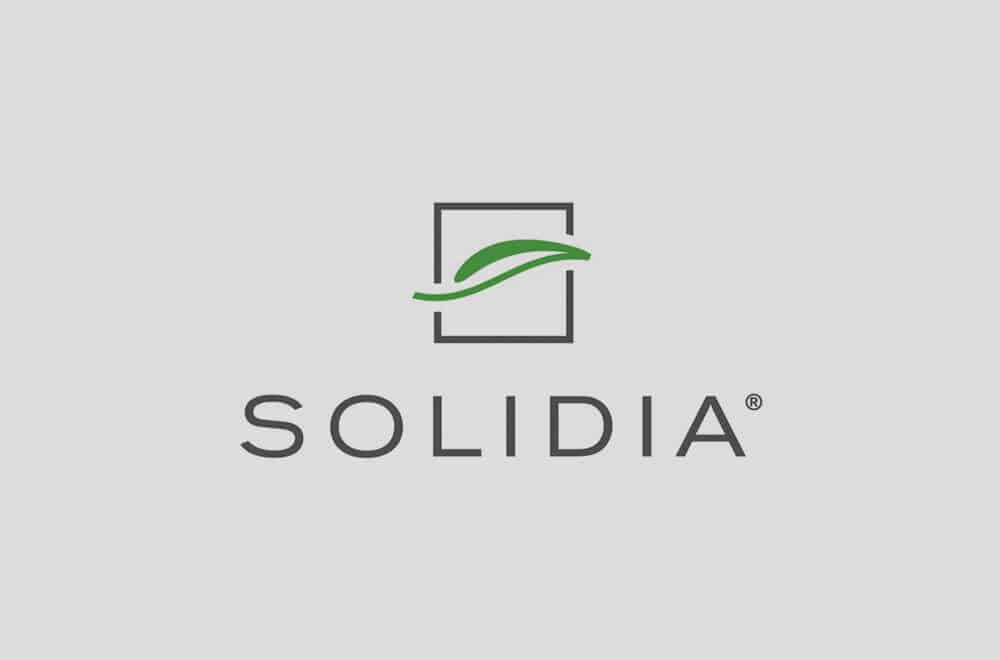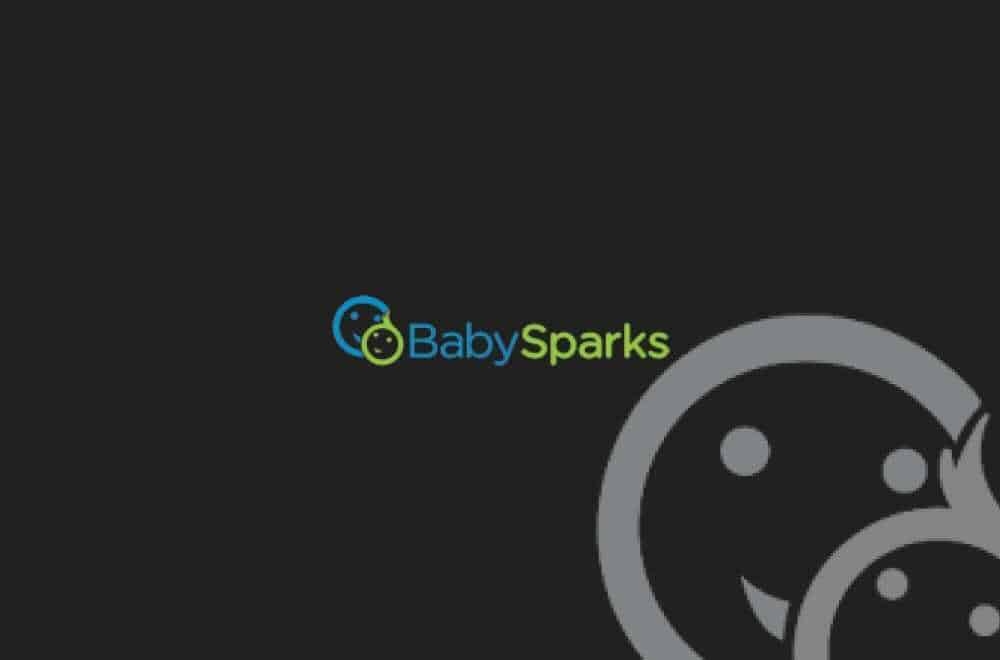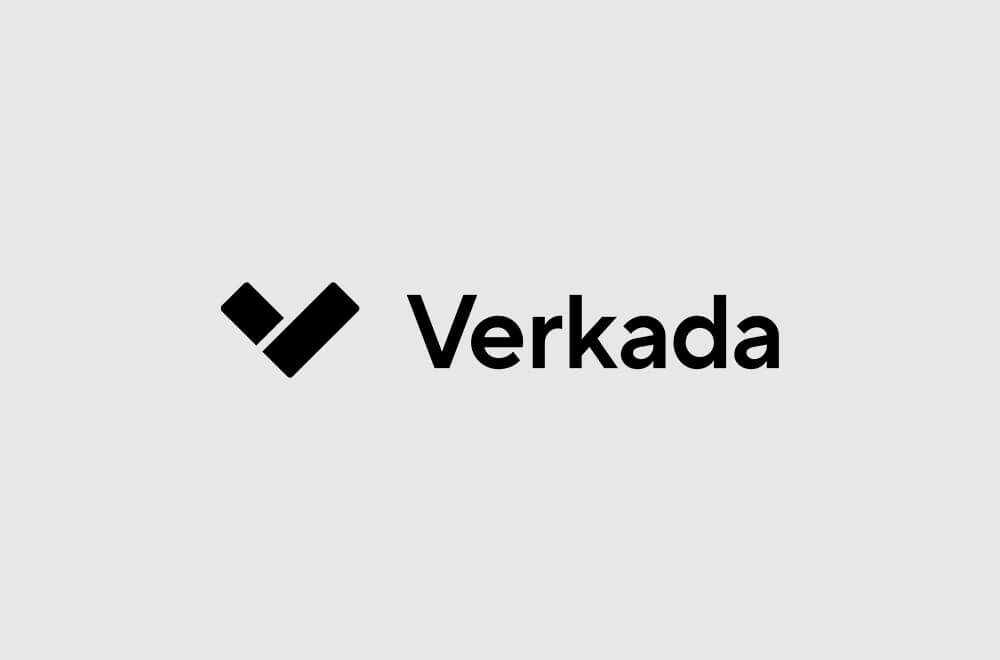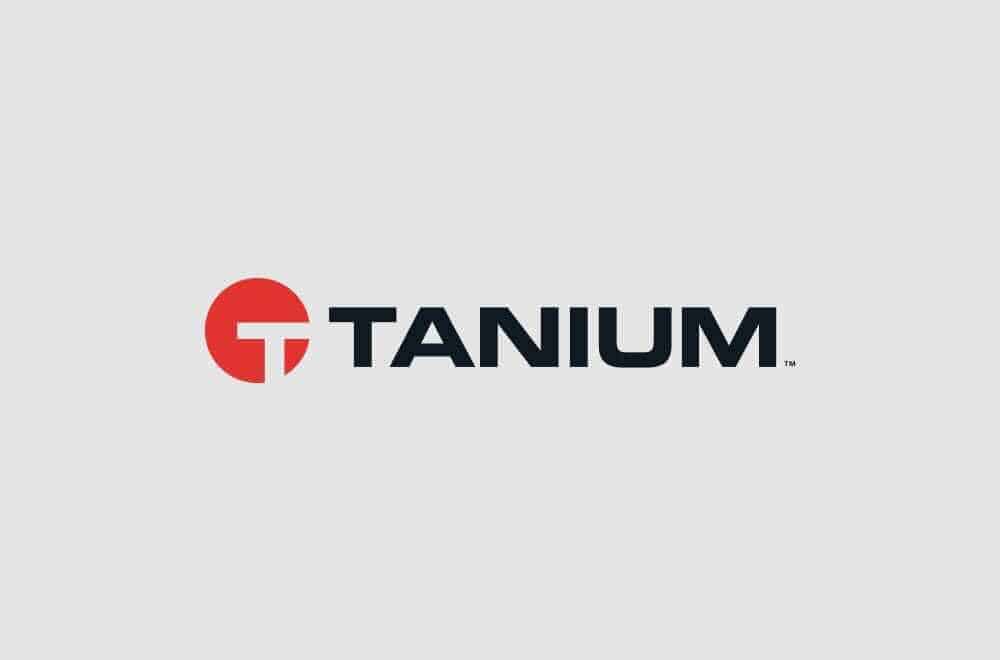
Solidia: A Environmental Cure for the Construction Industry
| < 1 minute read
When it comes to climate change, cement production is a major culprit, accounting for about 7 percent of the world’s greenhouse gas emissions. New Jersey-based Solidia uses a patented process to address this problem, replacing limestone with a synthetic material that requires lower temperatures and less energy than traditional methods. The cement absorbs CO2 as it hardens, all of which amounts to a production process with a 70 percent smaller carbon footprint. Solidia launched commercially in the U.S. in August 2019 through a partnership with paving company EP Henry.
Solidia has two main technologies. The first is sustainable cement manufacturing technology, which can be produced in traditional cement kilns using less energy. As a result, it reduces greenhouse emissions by around 40%. The second is sustainable concrete curing technology, which uses concrete powder made of carbon dioxide instead of water. According to its website, it safely consumes 240 kilograms of carbon dioxide. At the same time, the concrete concoction could save 3 trillion water if it replaces regular concrete.
With this tech, the construction industry can become more sustainable. It will also help cement manufacturers meet or exceed the required carbon reduction that the Cement Sustainability Initiative has urged those in the industry to reach. Reaching this goal will mean that these manufacturers could be able to mitigate carbon taxes.

Born in the family of entrepreneurs and have inherited the same. Started building applications in order to pay for my tuition. Later founded a tech company, marketing agency, and media outlets.




